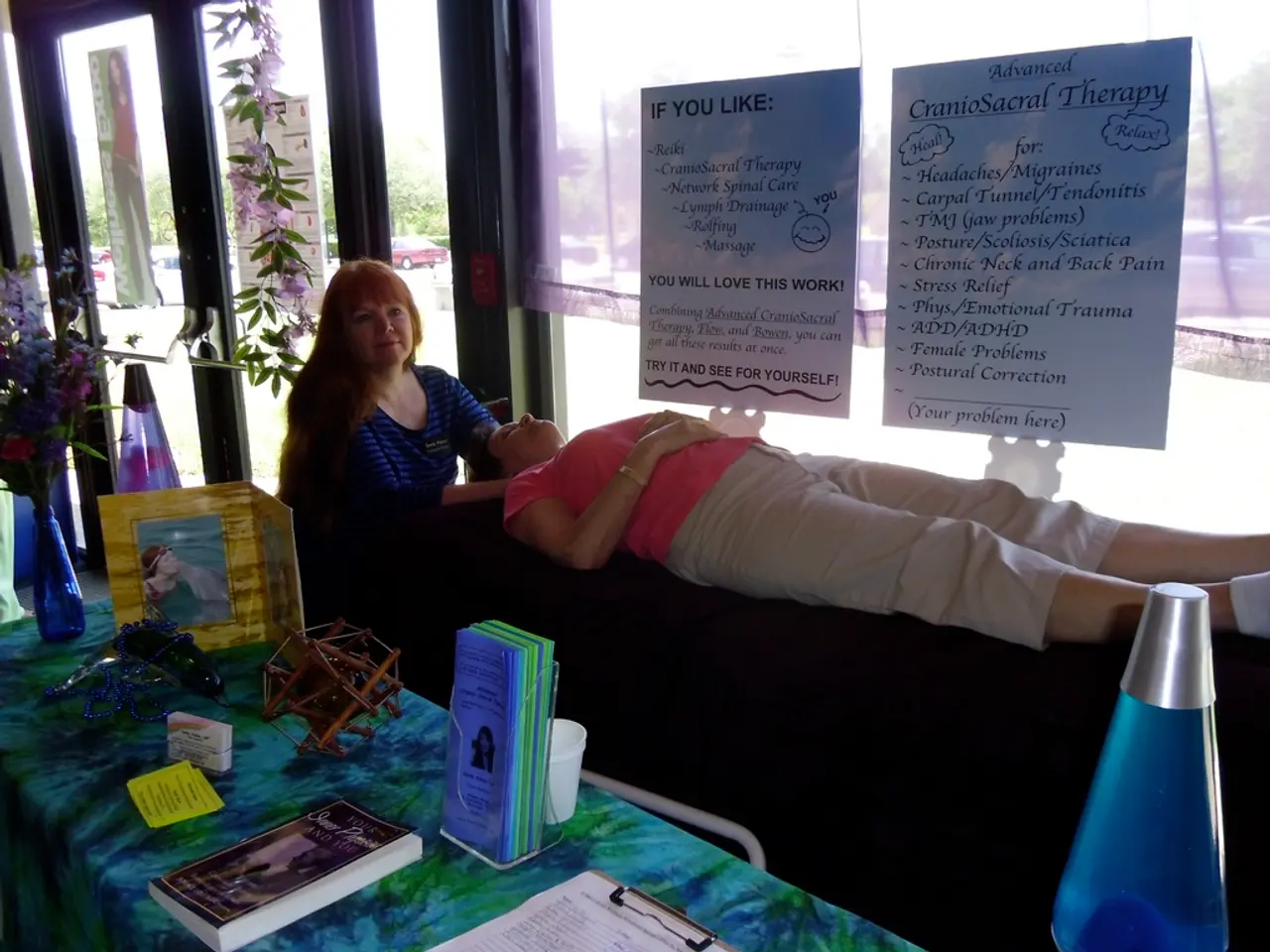On-line Communities Providing Support for Health Issues | Medical Daily News
In the wake of the COVID-19 pandemic, online mental health support has become a vital resource for those struggling with anxiety, depression, grief, and other mental health conditions. This article aims to guide you through the world of virtual mental health communities and help you find the best support groups for your needs.
First and foremost, it's essential to remember that if you are in crisis, you should call 911 immediately. In non-emergency situations, various helplines are available, including the 988 Lifeline, Crisis Text Line, and Befrienders Worldwide.
Online support groups can complement in-person therapy sessions and offer a more accessible and flexible alternative. These groups, which can be synchronous (following a structured agenda and participation rules) or asynchronous (with no scheduled meeting times and posts on message boards), are designed to help people cope with conditions such as anxiety, depression, and grief, as well as those going through stressful experiences like divorce.
Reputable online support groups include those offered by Mental Health America, the Depression and Bipolar Support Alliance, the National Alliance on Mental Illness, the Anxiety and Depression Association, and Psychology Today. Some groups are monitored by peers, while others are led by mental health professionals.
Programs like Pathlight At Home provide structured virtual mental health treatment with group therapy sessions based on evidence-based methods such as CBT, DBT, ACT, and ERP, alongside individual or family therapy and optional psychiatry. This program offers specialized tracks for conditions like anxiety, depression, trauma, and OCD, making it particularly helpful for those with co-occurring conditions.
Online support groups offer a space for individuals to share practical and helpful information related to common concerns and experiences. They can help reduce feelings of isolation and create authentic connections during isolating times. Benefits of these groups include increased feelings of connection, improved daily routines, an increased likelihood of seeking professional help, emotional release, feelings of validation, and feeling less reliant on loved ones.
However, online support groups may have potential disadvantages, such as social avoidance, excessive use of online services, distress from unmoderated groups and chats, and the lack of a qualified medical professional during a mental health crisis. It is important to be aware of these potential drawbacks and seek professional help when necessary.
It is also recommended to contact your health insurer to confirm coverage for online support group fees. Some online support groups are free of charge, while costs for membership may vary depending on the group.
In summary, the best approach is to look for reputable virtual programs or communities that offer evidence-based group and individual therapy, provide specialized support for your specific mental health challenges, are flexible to your schedule and accessible from home, have a supportive peer community, and include professional guidance when needed. Starting with a quick introductory call at platforms like Pathlight can help personalize care and find the right support group or treatment track for you. Also, consider reputable mental health organizations’ websites, crisis lines, or directories that list vetted online support groups during the pandemic.
Engaging in online therapy and health-and-wellness communities can provide valuable support for mental health, complementing in-person treatment and offering greater flexibility. These communities, backed by science and evidence-based methods like CBT, DBT, ACT, and ERP, offer a space for coping with conditions such as anxiety, depression, and grief, or for those going through stressful experiences. Reputable organizations like Mental Health America, the Depression and Bipolar Support Alliance, the National Alliance on Mental Illness, the Anxiety and Depression Association, and Psychology Today offer such groups, some of which are led by mental health professionals. It's essential to be aware of potential drawbacks, seek professional help when necessary, and confirm coverage with your health insurer before joining.




